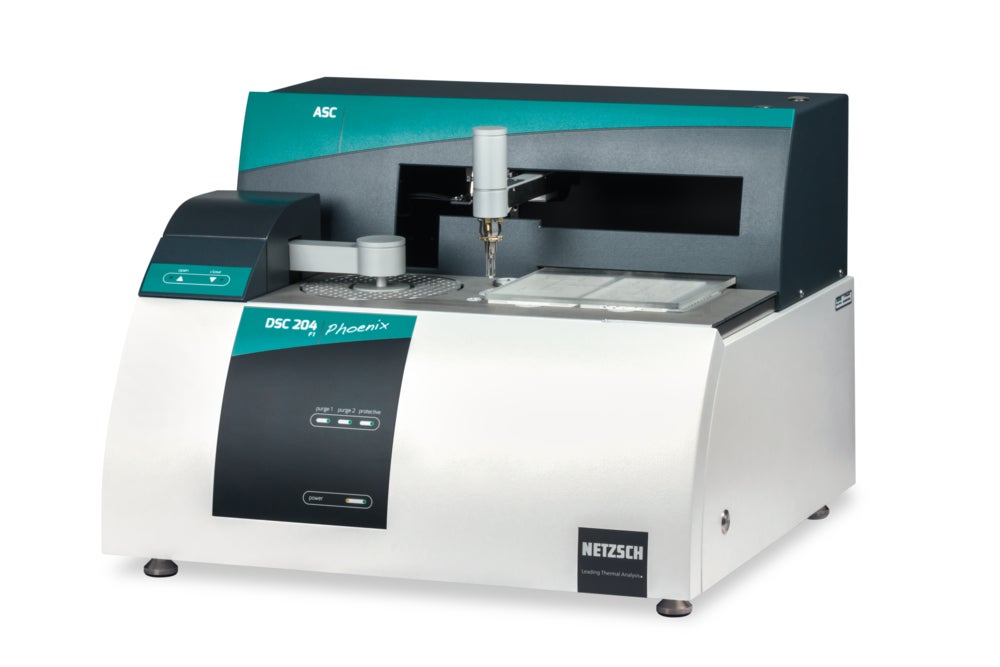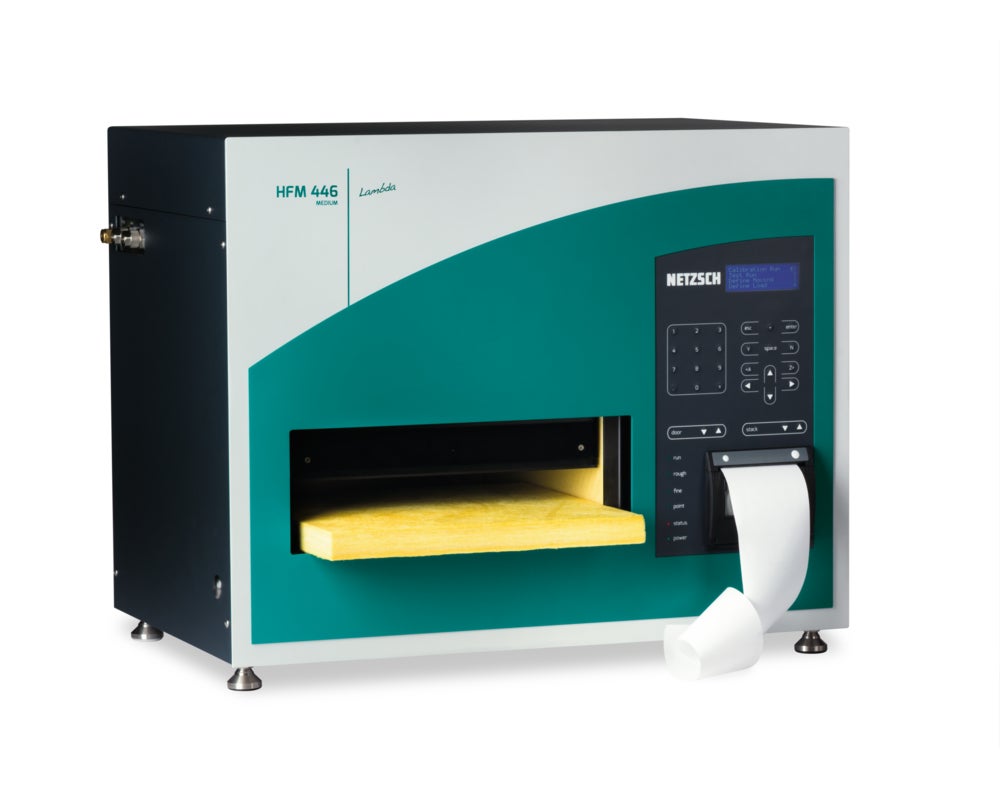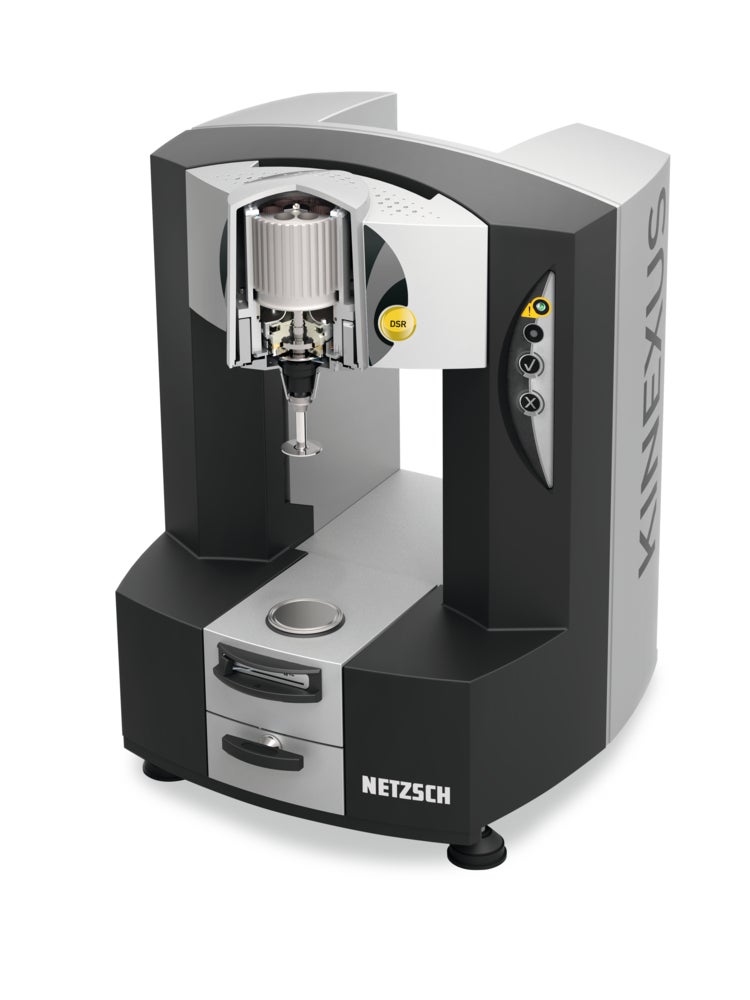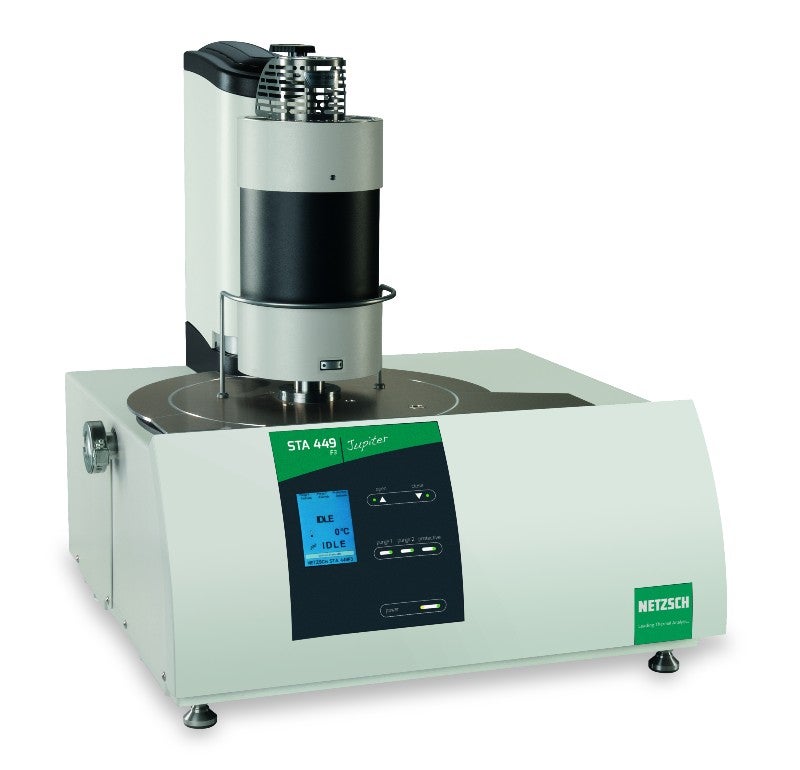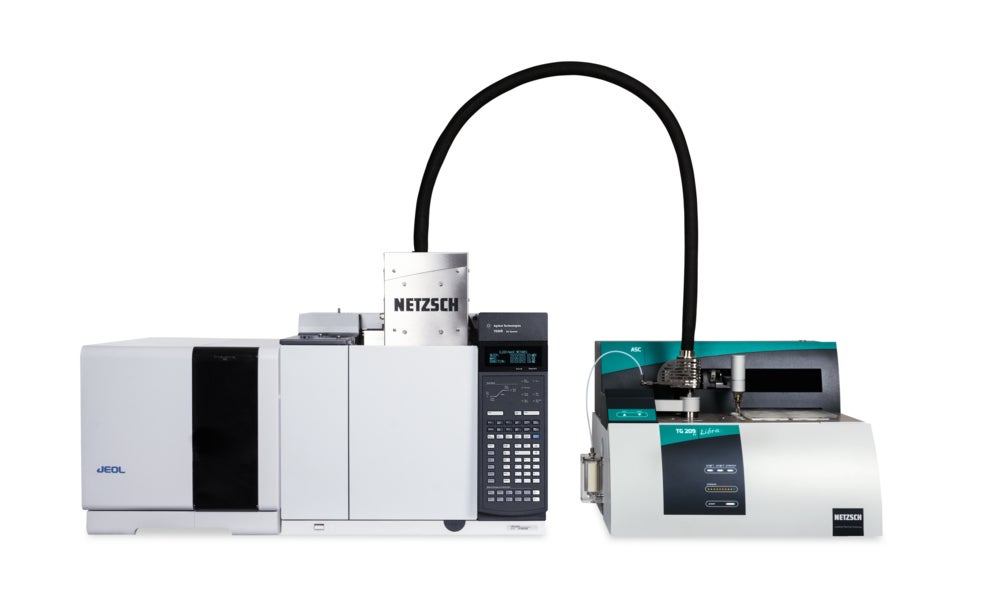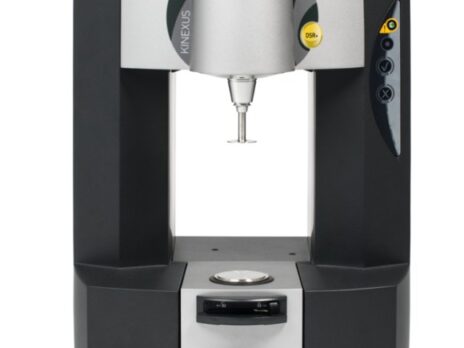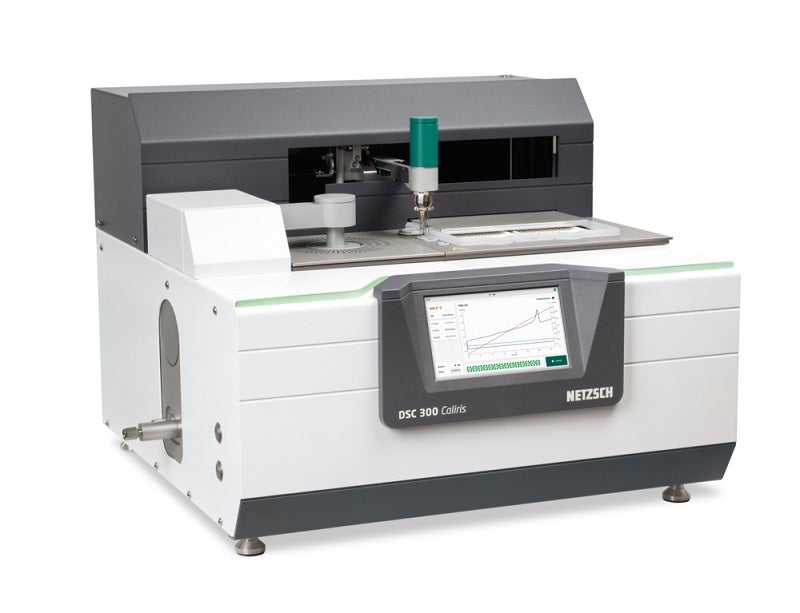
The NETZSCH Group is an owner-managed, global technology company headquartered in Germany, specialising in thermal analysis techniques and rheometers for the pharmaceutical industry.
Our Pumps & Systems, Analyzing & Testing, and Grinding & Dispersing business units encompass more than 3,700 employees across 36 countries, as well as a global sales and service network while ensuring client proximity and high-quality service.
The Analyzing & Testing Business Unit portfolio includes conventional thermal analysis instruments such as thermomechanical analysers (TMAs) and thermogravimetric analysers (TGAs), differential scanning calorimeters, adiabatic calorimeters (including accelerating rate calorimeters), instruments for thermophysical properties testing, and newly introduced rheometers.
Rheometers for measuring rheological properties of non-Newtonian properties
Rheology is the study of flow and deformation of constituents under applied forces, typically measured using a rheometer, applicable to all materials from fluid dispersions such as nasal sprays, oral medicines and subcutaneous formulations for injection to semi-solids such as adhesive dressings, pastes and topical creams.
Rheometer methods are included in European Pharmacopoeia (Ph Eur) and US Pharmacopoeia (USP).
Thermal analysis techniques for investigating properties of excipients, APIs and formulations
Differential Scanning Calorimetry (DSC)
Differential Scanning Calorimetry (DSC) is the most universally utilised thermal analysis method for pharmaceutical applications and, along with thermogravimetric analysis, is also stated in various pharmacopoeias, such as Japanese Pharmacopoeia (JP), Ph Eur and USP.
Classic application areas include:
- Eutectic purity
- Liquid fraction (solid fat content)
- Specific heat capacity
- Phase diagrams
- Solid-solid interactions (for instance: compatibility between mixture components)
- Glass transitions (for example: amorphous content)
- Polymorphism
- Melt and crystallisation processes
Thermogravimetry (TG) or thermogravimetric analysis (TGA)
Thermogravimetry measures the mass transformation of substances during heating. Furthermore, the coupling of a thermobalance to a gas analysing system such as Fourier Transform Infrared (FTIR), mass spectrometry (MS) or gas chromatography-mass spectrometry (GCMS) ensures identification of evolved gases, helping to elucidate the process behind mass changes.
TGA instruments can be applied to the study of:
- Interaction of the atmosphere with the drug substance
- Pyrolysis
- Compound decomposition
- Thermal stability
- Dehydration (or desolvation) processes
Thermogravimetry is also a popular method for regulating loss on drying in numerous monographs.
Through kinetic evaluation with our NETZSCH Kinetics Neo, predictions concerning stability based on thermoanalytical measurements can be calculated to allow for reports that would otherwise experimentally be unreachable or only at high disbursement.
Simultaneous differential scanning calorimetry – thermogravimetry (STA) instruments
‘STA’ stands for the concurrent application of DSC and TGA to a particular sample under matching measurement conditions, unfolding its advantages concerning:
- Measurements under reduced pressure (vapour pressure tests through Knudsen effusion method)
- Measurements under humid atmospheres
- Large sample masses or samples with the tendency to expand during heating (crucibles up to a volume of 5ml)
- Small sample amounts (application of two measurement methods in one run)
Accelerating rate calorimetry for thermal risk assessment of chemical processes
To gather information regarding the safety of new or existing production process, accelerating rate calorimeters (ARCs), typically in combination with DSC instruments and the Thermal Simulations/Kinetics Neo software packages, can be used to identify thermal hazards, as well as mimic worst-case scenarios.
An ARC is an adiabatic calorimeter, which monitors runaway reactions, or exothermal events, as well as changes in pressure while the sample is heated.
About NETZSCH
NETZSCH prides itself in high-performance standards, promising our clients exceptional performance in all we do, proven since 1873.
Our applications experience includes more than five decades in the Analyzing & Testing business unit, a comprehensive and contemporary product line, and inclusive service offerings guarantee that our solutions will not only meet every requirement but also exceed every expectation.


